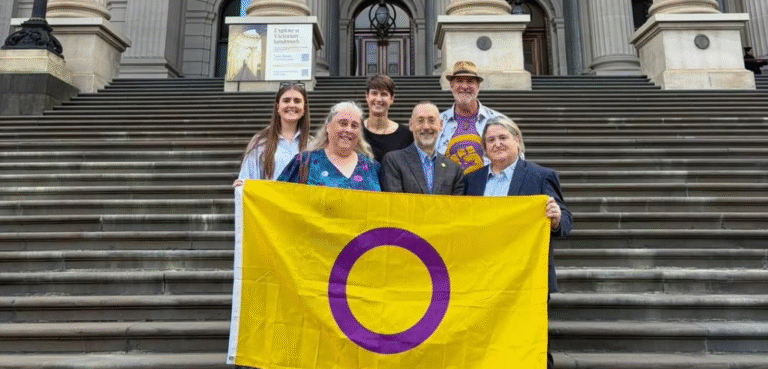
Intersex advocates welcome UN resolution on discrimination in women’s sport
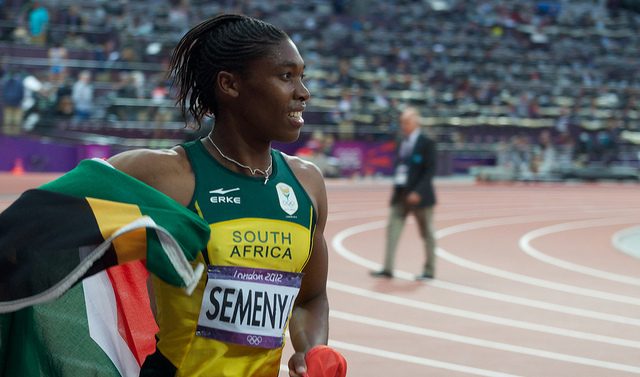
The United Nations Human Rights Council has adopted a resolution expressing concern over regulations forcing women and girls to undergo unnecessary medical procedures or hormone therapy to participate in competitive sports.
The resolution on the elimination of discrimination against women and girls in sport was brought forward by South Africa and adopted without a vote.
The resolution says that the UNHRC expresses concern “that regulations, rules and practices that require women and girl athletes with differences of sex development, androgen sensitivity and levels of testosterone to medically reduce their blood testosterone levels may contravene international human rights norms and standards”.
Advocates welcomed the resolution, which also noted concern about International Association of Athletics Federations regulations around “the female classification”, which came into effect last year, “may not be compatible with international human rights norms and standards, including the rights of women with differences of sex development.”
“Thank you to South Africa and the Human Rights Council for approving this first resolution on the rights of people born with intersex variations,” said Intersex Human Rights Australia’s Morgan Carpenter.
“Access to sport is a litmus test for the rights of intersex people, highlighting the ways that our legal birth classifications can be disregarded, how our bodies are sites of public scrutiny and stigmatisation, and our right to bodily integrity disregarded.
“Previous IAAF regulations affecting women born with variations of sex characteristics were suspended in 2015 with no evidence of detriment to women’s sport.
“There is no published, transparent, and reproducible evidence of a clear or unethical advantage by women athletes born with variations of sex characteristics over other women athletes.
“Exclusion from women’s competitive sport is discriminatory under such circumstances; it is not reasonable, proportionate and non-arbitrary.
“Sporting authorities and associations must now recognise a need for procedures to meet international human rights standards.”
The resolution also calls on the UN Office of the High Commissioner of Human Rights to prepare a report on the intersection between gender and race discrimination in sport.
It also reinforces a 2016 statement of the UN Special Rapporteur that enjoying the highest attainable standard of physical and mental health is a right for all, outlining actions by states and sporting bodies to ensure intersex people are able to fully and safely participate in sport.
“As the Special Rapporteur’s report states, sporting authorities must refrain from forcing, coercing, or otherwise pressuring any women athletes into undergoing unnecessary, irreversible and harmful medical procedures to participate as women in competitions,” said Zhan Chaim, Programme Coordinator at The International Lesbian, Gay, Bisexual and Trans Association (ILGA), and Diana Carolina Prado Mosquera, the ILGA’s Senior UN Advocacy Officer.
“This includes removing requirements for irrelevant clinical data, and ending unnecessary medical procedures, as preconditions for women born with variations of sex characteristics to fully participate in competitions.”
“We recognize the tremendous work from South Africa has in presenting this groundbreaking resolution and also acknowledge the importance on bringing this topic to the Council for the first time,” said Tony Briffa, newly elected Chair of the Intersex Committee at ILGA.
The ILGA also thanked the Iceland and New Zealand delegations for contributing towards the adoption of the resolution, which was formed to put a spotlight to the multiple and intersecting forms of discrimination that women and girls face in sport.
South Africa’s Caster Semenya, an Olympic gold medallist who has a condition causing elevated testosterone levels called hyperandrogenism, will be forced to take medication in order to compete under the new IAAF regulations, which the South African government slammed as “racist”.
“These new regulations infringe on the human rights of athletes, targeting mainly those in east Europe, Asia and the African continent. The racial undertones of this cannot go unnoticed,” said South Africa’s minister of sport Tokozile Xasa.
Semenya’s legal challenge to the IAAF regulations has been delayed until April.
Scientists this week published an editorial in the British Medical Journal saying that the “mythical perception of testosterone as the elixir of performance … is not backed up by the science.”
Semenya married her wife Violet Raseboya in 2015.
Further reading: ‘You cop a lot of crap from other teams on the field’: trans and intersex athletes in Australia
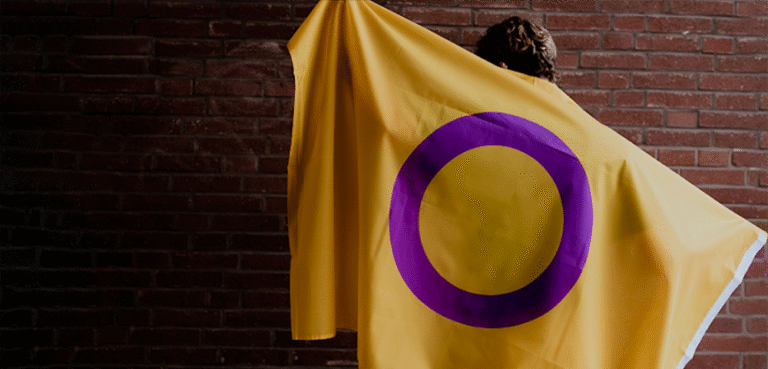
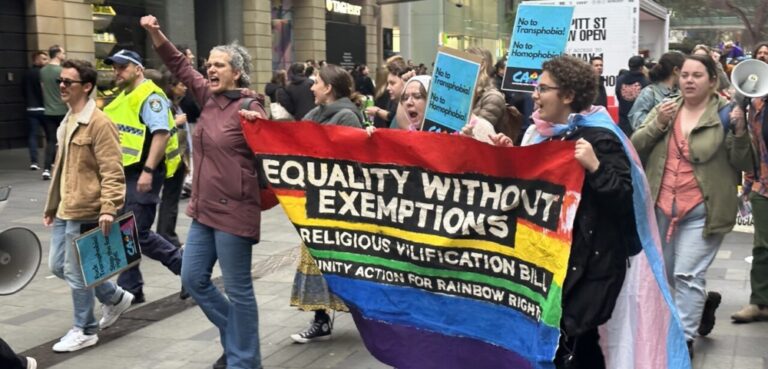


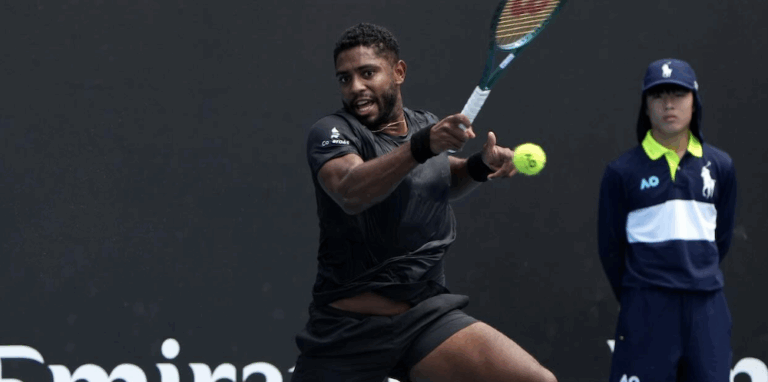
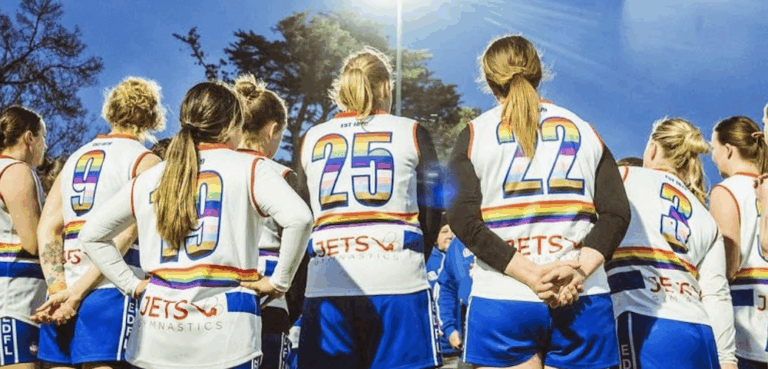
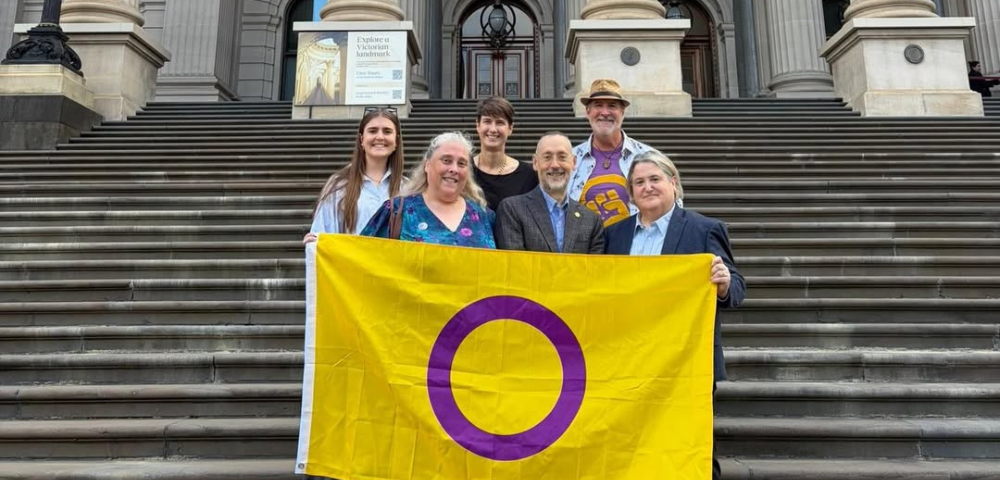
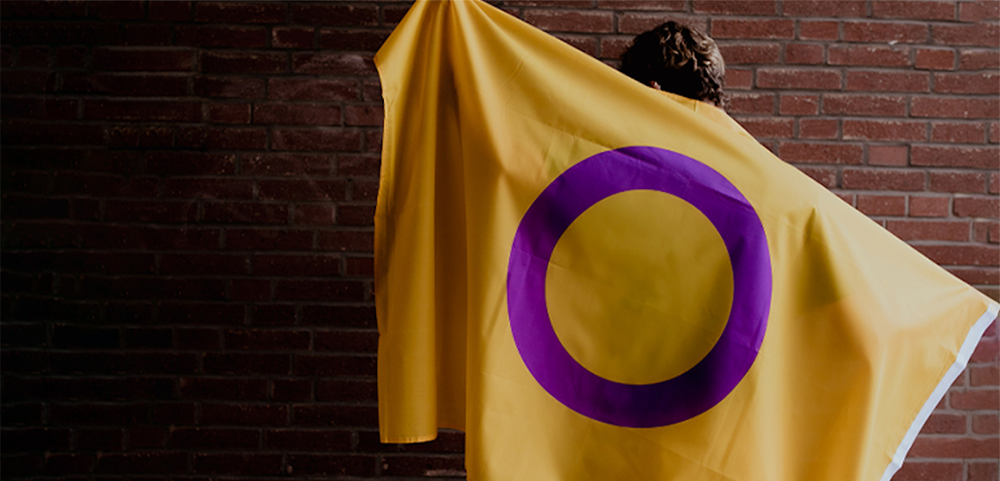
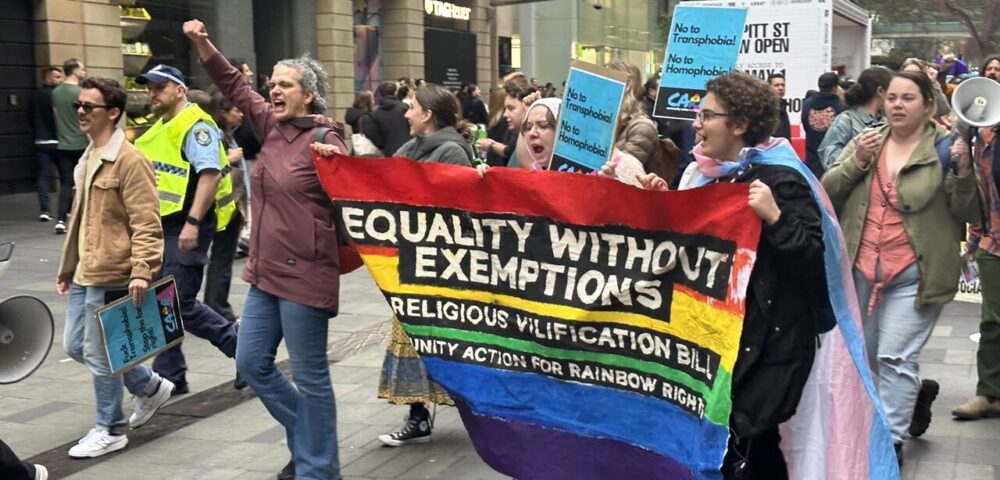
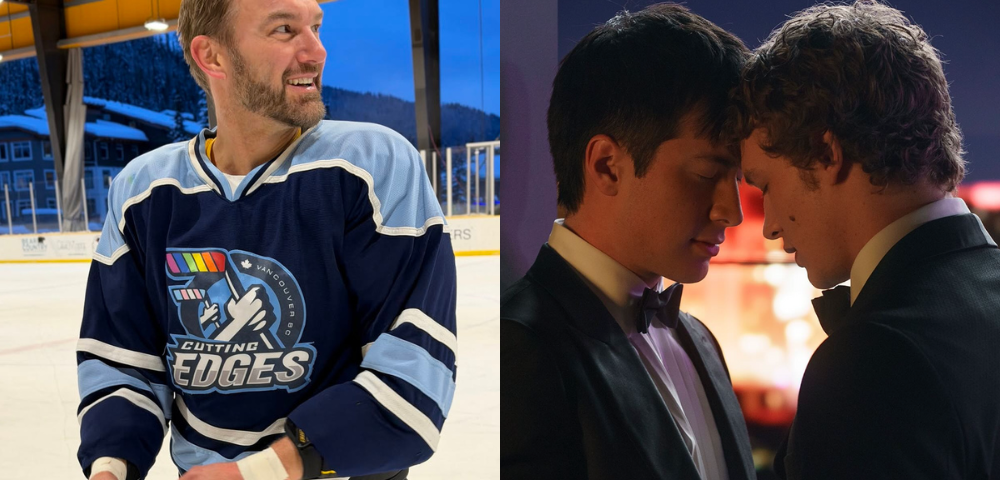

I welcome this outcome. I think Caster Semenya is a great athlete and banning her for having a natural advantage would have been the same as banning Usain Bolt for having the natural advantage that he’s Usain Bolt.
That said, I think testosterone and related hormones may yet be found to play a bigger role than BMJ editorial mentioned in the last sentence states. I support the right of trans women to play competitive women’s sports BUT it would be evidence of an unfair non-natural advantage if the participation rate of trans women in these sports was significantly higher than the incidence of trans people in the community generally. The obvious solution is to tweak the hormone levels required for trans female athletes to levels where only the very best trans women will be competitive with cis players (who themselves are high performance athletes), and these levels need not necessarily equate to the levels found in cis women.